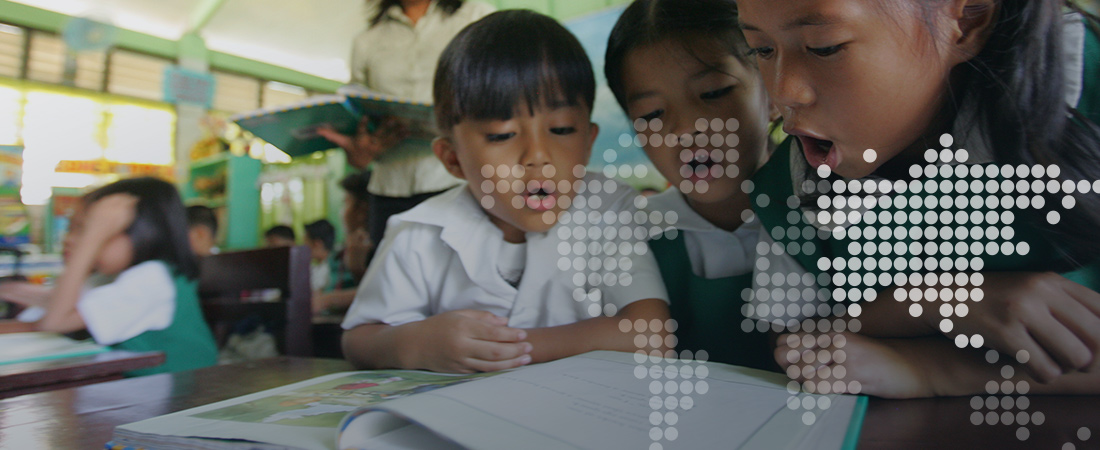
EDC's work to strengthen literacy instruction has improved outcomes for millions of students in the Philippines.
With one quarter of the population between the ages of 10 and 24, the demand in Southeast Asia for education and economic opportunity is greater than ever. EDC’s efforts in Indonesia, the Philippines, and the Lower Mekong to create meaningful opportunities for youth by aligning public, private, education, and industry partners have been successful, reaching hundreds of thousands of young people.
EDC is also improving elementary and basic education for younger children though high-quality literacy programs, teacher professional development, and policy implementation. And we are fighting drug abuse and HIV/AIDS through programs that help people develop the knowledge and behaviors they need to chart a long, healthy future.
Projects
Resources
This program guide offers a resource for development specialists initiating or strengthening integrated literacy programs for youth aged 15 to 24 who are not involved informal education.
This 2-page results document highlights the impact of India's dot-EDU T4 India program, which uses technology tools to improve learning gains among hard-to-reach populations.
The Decentralized Basic Education Program-Objective 2 (DBE 2) is improving the quality of teaching and learning for almost 15,000 teachers and over 230,000 students in Indonesia. This Annual Report Summary illuminates impact data and highlights the stories of some of those touched by the program.
This is an invited memo offering an investment case for school health and nutrition programs that was prepared for the Spring 2022 Meeting of the Global Education Forum (GEF).
This 2-page results document highlights the successes of the Bangladesh Youth Employment Pilot, which prepares young men and women for work, particularly in Bangladesh's traditional prawn farming industry.
In this action memo, we consider proposals for more effective donor investment in school health and nutrition.
This case study is one of the Sustainable Finance Initiative’s seven rapid country case studies studying the state of school meals programs.
An overview of EDC’s capacity as a leading international organization working at the nexus of youth workforce development and employment, education, climate change adaptation, and the green economy
This report outlines the need to work together with new and unlikely allies, other than education actors alone, to reimagine how our interconnected systems—health, education, economic development, and the protection of our planet—can work toward Sustainable Development Goal 4: Quality Education and beyond.
